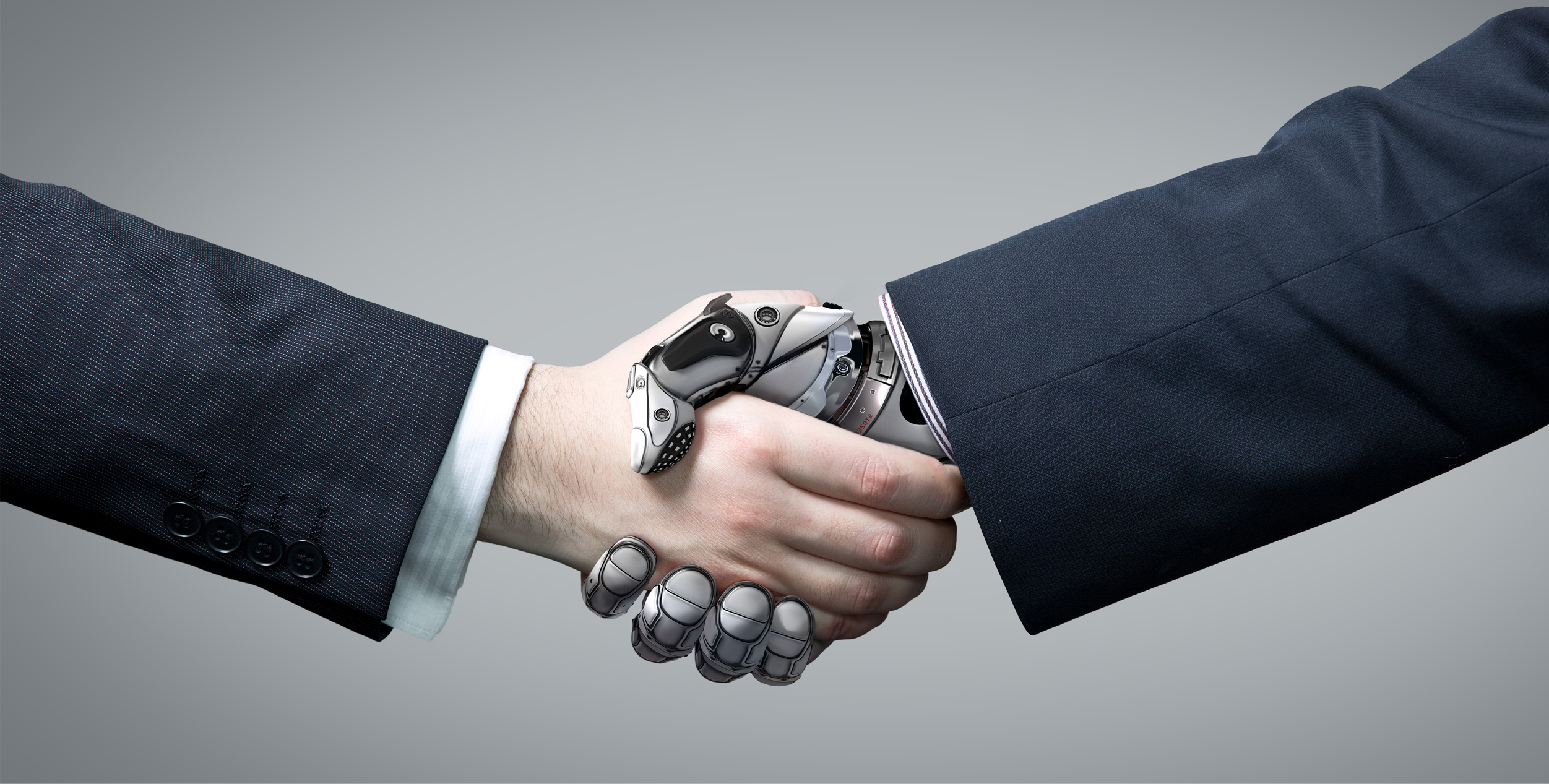AI (artificial intelligence) is quickly becoming an integral part of our lives, shaping our experiences and interactions. We’ve invested heavily in nurturing this ‘digital brain’, feeding it with our thoughts, opinions, and experiences. The goal? To achieve the ultimate convenience, the perfect customer experience, a competitive edge, or revenue growth. But amidst this relentless pursuit, have we paused to consider the price we’re paying for this convenience? Have we contemplated the potential repercussions of an over-reliance on AI?
The human touch in an AI-driven world
As we increasingly depend on AI for our daily tasks and decision-making, we risk losing the essence of our humanity. The beauty of human expression lies in its authenticity, even in its imperfections. Our emotions, experiences, and perspectives shape our creativity and interpretation of art, literature, and innovation. While AI can mimic these qualities to an extent, it can never truly replicate the depth and richness of human expression.
The concept of a ‘human intelligence strategy’ emphasises the importance of thinking with robots, not like them. This approach advocates for ‘connected intelligence’ – the principle of using the right intelligence at the right time for the optimal outcome. However, an intriguing observation is the growing complacency among humans, who are continually shaping their services to fit the technology, rather than tailoring the technology to enhance their services.
The quest for authenticity
In an AI-dominated world, we may begin to question the authenticity and uniqueness of our creations. Will our music, writing, opinions, and ideas lose their originality? Will we risk stagnation if we choose to conform?
While acknowledging the numerous benefits of AI, it’s crucial to remain aware of the potential consequences of an over-dependence on machine output. It’s important to remember that human creativity and expression are irreplaceable, contributing to the uniqueness of our creations.
The role of society and “Tech for Good”
Society plays a crucial role in this narrative. Consumer expectations are the primary drivers for digital transformation. We must continue to value human outputs and use technology to enhance our abilities, not replace them or succumb to its convenience.
If we choose to conform to the rapid advancements in technology, we risk entering an era of “retro humanity”. In our quest for convenience, we may spend an equal amount of time seeking our relevance in this world. However, our adaptability as humans will enable us to find our place, much like the vinyl record. Despite being retro, its unique and authentic quality is still cherished by many, even if it’s less convenient.
The future of retro humanity
As we navigate the future, we must embrace our humanity and leverage it to our advantage. We need to harness our unique skills and strengths to innovate and create a better world for ourselves and future generations. We must remember that technology’s ultimate purpose is to serve humanity, not vice versa.
In conclusion, we may become “retro humans” in the next 5-10 years, but we will possess unique strengths and abilities that AI cannot replicate. We must not allow ourselves to become overly dependent on technology. Instead, we should use it to augment our abilities and continue to push the boundaries of innovation. Only then can we ensure that we are creating a world that truly serves humanity.
Author
Craig John
Global Director of Innovation
Email
LinkedIn

